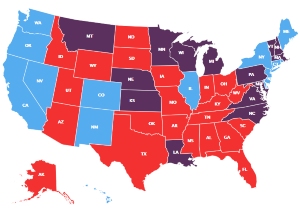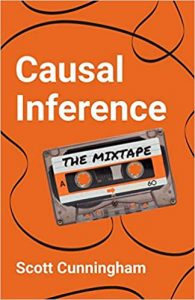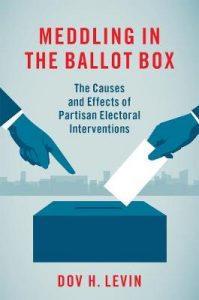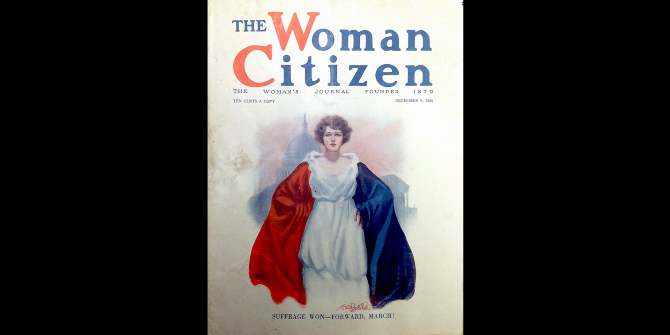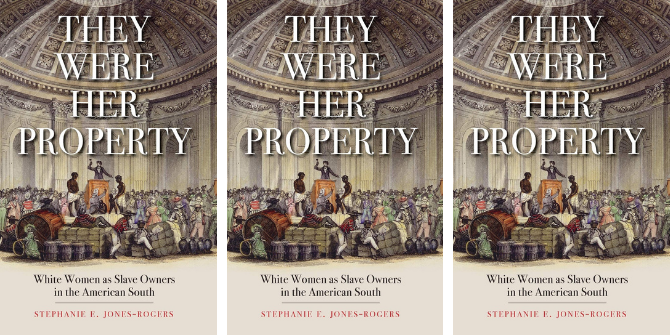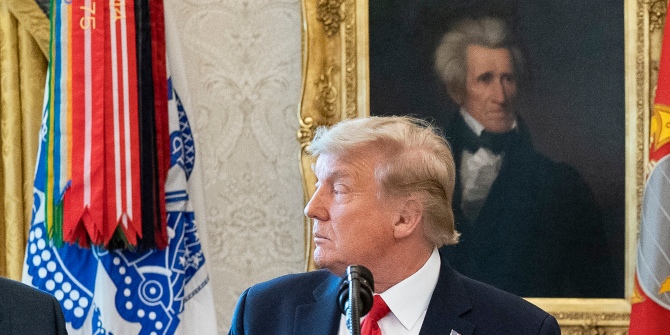On 1 October, 2013, the United States government began its first shutdown since 1996 because of a Congressional dispute over the funding of the Affordable Care Act in the 2013 budget. As part of our coverage of the shutdown, USApp is running a series of articles on the reasons behind it and comments on the aftermath of the budget deal of the 16th of October. This page collates contributions to the series.
_____________________________________
The recent U.S. government shutdown, which was the result of a ‘funding gap,’ was the 18th funding gap since fiscal year 1977. Jessica Tollestrup looks at funding gaps from a legislative point of view, writing that this instance was unusual in its length, that no regular appropriations bills were enacted prior to its beginning, and that it led to a government shutdown. Given that the recent Continuing Resolution that ended the funding gap runs out on the 15th of January, 2014, legislators will have to work quickly in order to avoid another government shutdown.
_
U.S. government shutdown ends – reaction from USApp experts
On Wednesday night Congress came to an agreement to end the US-government’s 16 day shutdown, and to raise the debt ceiling until at least early February. We asked our expert contributors for their immediate reactions to the agreement.
- The political realities that brought about the government shutdown and the debt crisis have not changed – Joshua Huder – Georgetown University
- The consensus-building role of women was crucial to ending the government shutdown. – Craig Volden, University of Virginia, Alan E. Wiseman, Vanderbilt University and Dana E. Wittmer, Colorado College.
- The bipartisan compromise budget and debt ceiling deal is a temporary fix – Rosalyn Cooperman – University of Mary Washington.
- No trust has been built between the important players – Michele Swers -Georgetown University.
- The role of the “Wall Street Wing” of the Republican Party has become even more important now. – Roy Meyers – University of Maryland.
_
 The shutdown is not the fault of the U.S. Constitution
The shutdown is not the fault of the U.S. Constitution
More than two weeks into the U.S. government’s shutdown, many commentators are blaming the U.S. Constitution, with its separation of powers, for the political gridlock over the government’s budget and the debt ceiling. Elvin Lim argues that the Tea Party’s factionalism is really at fault – a factionalism that was opposed by the Constitution’s framers. He writes that errant members of Congress need to be reminded that they are part of a chamber of the United States, where the national majority is more important than one single faction.
_
The current government shutdown has been marked by the near complete failure of Republicans and Democrats to communicate and negotiate towards a solution. Rosalyn Cooperman looks at the reasons behind this lack of communication, arguing that because the majority of Republicans and Democrats have relatively safe seats in the House of Representatives, they have little incentive to adopt a compromising stance due to the threat of a primary challenger from within their own party at the next election. The two dozen Republicans who are in favor of a ‘clean’ Continuing Resolution on the budget, on the other hand, are mostly those who represent ‘swing’ districts, and therefore have no re-election incentive for taking an unyielding party line stance.
_
While the current U.S, government shutdown is not the first by any means, it is by far the most politically polarized, according to Marina Azzimonti. Using an index that measures the frequency of newspaper articles that report disagreements about fiscal policy, she finds that levels of political polarization in the current shutdown are four times the average value between 1981 and 2013, and nearly twice what it was during the last shutdowns of 1995 and 1996.
_
 The U.S. shutdown has a hefty international price tag
The U.S. shutdown has a hefty international price tag
This week, President Obama cancelled his appearance at the Asia-Pacific Economic Cooperation summit in Bali, as well as some regional summits – a direct result of the U.S. government’s shutdown. Peter Trubowitz writes that domestic politics in America is constraining Obama’s ability to act on the international stage. If the deadlock over the government’s budget and the debt ceiling continues, then Washington may find that its previous efforts to ‘pivot’ towards Asia have been wasted.
_
The U.S. government was set up with a system of checks and balances that would ensure that no one part of government would have an excessive amount of power. In light of the current government shutdown, Ethan Ilzetzki argues that there is no constitutional impediment to the U.S. Congress passing a budget, only the refusal of Republican House Speaker John Boehner’s to allow a clean Continuing Resolution to go to a vote, which a majority of the house would be likely to support. Boehner’s reticence is almost entirely down to the influence of a minority of Republicans from the Tea Party- the type of factional influence that the founding fathers were greatly concerned about.
_
The U.S. government has been in a state of shutdown since last Tuesday, and there seems little likelihood of Republicans and Democrats coming to an agreement on funding the government in the next few days. While the government has made it through the previous 17 shutdowns that have occurred since 1977, Andy Langenkamp argues that the threat of the U.S. reaching its debt ceiling in less than two weeks’ time should be of even greater concern. The 2011 debt ceiling fight cost the country billions, and previous technical defaults have also been responsible for recessions and higher borrowing costs. While the markets are still relatively calm for now, if Congress does not come to an agreement on the debt ceiling soon, the country’s economic recovery will be severely at risk.
_
In response to Newt Gingrich’s tumultuous term as House Speaker in the 1990s, his successor, Dennis Hastert, took a much more consensual leadership style, bringing no bill to the House floor unless supported by a majority of the majority party. This informal arrangement is now known as the ‘Hastert Rule’. Joshua Huder and Marian Currinder look at how the strict adherence to this rule by current Speaker John Boehner has led to the two most recent Congresses being the least productive since the Civil War, and is a direct cause of the current deadlock over the government’s funding bill and the debt limit. They argue that if Boehner really believes in keeping the government open, he may have to set aside the Hastert Rule for the time being.
_
As we enter the second day of the U.S. government’s shutdown, many federal employees have been sent home from work without pay, and government contractors and grantees will also start to lose income. Roy Meyers looks at how the U.S government has reached this point, arguing that the Republican Party has not learned the lessons from the previous shutdowns of the 1990s. He writes that further reforms to the budget process are needed and that Congressional legislators need to reject their current short-termism and needless confrontations in favor of making reasonable compromises between opposing ideologies.
 The increasing ideological polarization of the Republican and Democratic parties has led to the U.S. government’s shutdown.
The increasing ideological polarization of the Republican and Democratic parties has led to the U.S. government’s shutdown.
After lengthy battles over a Continuing Resolution to fund the U.S. government, Congress has failed to reach an agreement, and the government is now in the process of shutting down. Michele Swers looks at how and why these budget fights have become a familiar part of Congressional politics in America. She argues that the increasing ideological polarization of the Republican and Democratic parties is a major contributor to their inability to bridge policy divides. This is exacerbated in that most members of Congress represent seats that are very safe for their party, meaning that they are more afraid of losing to an ideologically extreme primary challenger than suffering a defeat in an election.
Shortened URL for this page: http://bit.ly/16JGnmu

 Fearing a primary challenger from their own party in the next election, House representatives have little incentive to compromise on the budget.
Fearing a primary challenger from their own party in the next election, House representatives have little incentive to compromise on the budget. Polarization and political disagreement are an order of magnitude greater now than during previous U.S. government shutdowns.
Polarization and political disagreement are an order of magnitude greater now than during previous U.S. government shutdowns. In its opposition to the Affordable Care Act, the Tea Party is not defending the ideals of the founding fathers, but subverting them.
In its opposition to the Affordable Care Act, the Tea Party is not defending the ideals of the founding fathers, but subverting them. The U.S. has made it through shutdowns before, but a lengthy fight over the debt ceiling could cause unprecedented market chaos
The U.S. has made it through shutdowns before, but a lengthy fight over the debt ceiling could cause unprecedented market chaos


